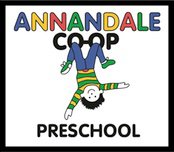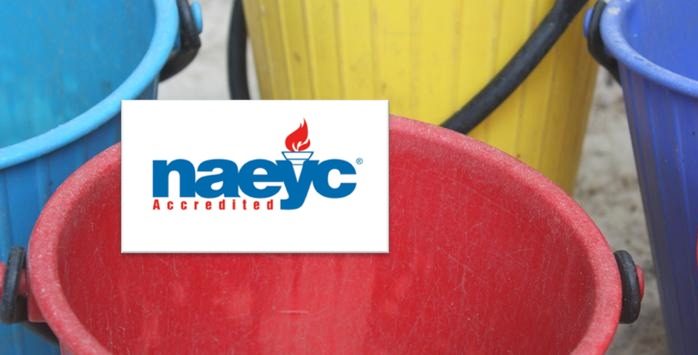Pre-K Classes
Our Pre-K classes are recognized in the area for preparing students for kindergarten. Most of the children in our classes have been in a preschool environment before; this allows for a relatively short adjustment period and plenty of excitement to play and learn. Even if a child is new to a classroom environment at this stage, peer-to-peer learning is a great way to acclimate!
Students in our Pre-K class will either go four or five days a week, depending on the class chosen (or which class had the most immediate opening). Both classes follow the same curriculum and themes and are perfectly suited to this highly social and extremely independent age!
All of our classes meet from 9am to 12:15 pm on their assigned days.
A Typical Day
1. Free Play: Just like in our 2-year-old and 3-year-old classes, Free Play is how the day begins in our Pre-K rooms. Several activity centers are available, including an ever-changing craft that can mix a child’s creativity with glue, recycled materials, paint, and whatever our wonderful teachers have up their sleeves. Each craft gives the student an opportunity to work on writing, as they are responsible for labeling their work with their names. Other areas include large blocks, role playing, sensory tables, a reading nook, and, of course, homemade playdough.
2. Circle Time: Preschool days are often a wave of ups and downs, and circle time takes it literally. After moving about the room during independent Free Play, Circle Time is a calm way to engage the class as a collective group. Powered by the current theme, our teachers engage the students with books, activities, and music. Without breaking a sweat, the Pre-K students learn pre-reading skills, social norms, classroom behavior, and about each other.
3. Snack Time: In our Pre-K program, we encourage independent self help skills as children mange their snack items brought from home. Children polish up on their polite manners, pouring their own water from the pitcher, clearing their place mats, and having delightful, joke-filled conversations over the snack tables.
4. Playground Time: Nothing but fun here! Our Annandale Coop playground has swings, tricycles, slides, monkeybars, and a huge sandbox. The woodsy area provides many opportunities to be immersed in nature. We also have a big, climbworthy firetruck and a play-worthy boat, all set to drive away and set sail with Pre-K imaginations.
5. Story Time: Another opportunity for circle time, Story Time involves a story that fits with the theme and is often read by the co-oping parent. Children learn to sit quietly with their peers (a tough skill, but a good one!) as they learn more about the world and the people and creatures in it.
6. Small Group Time: Though children learn and develop in a myriad of ways through free play, some skills need teacher introduction and facilitation. Small groups allow teachers to set the agenda and give the children practice in following directions, pre-reading, writing, math, science and social studies skills.
Development
Physical Development
Gross Motor • very active; • walks down steps with alternating feet • hops • skips* jumps* walks on toes • jumps from a step • pedals a tricycle • begins to throw, catch and kick a ball
Fine Motor • begins to move from fist grip to tripod grip • begins to draw recognizable figures and pictures • writes his/her name and may begin to sound spell environmental words • uses scissors • dresses self, learns to button, snap and zip • builds structures with the blocks • uses utensils when eating
Language
• Expanding vocabulary • uses sentences of increasing length/complexity • begins to ask questions to understand situations and get needs met • begins to tell stories with details • speech becomes increasingly more understandable to others •
Social/Emotional
• Collaborative/cooperative play and big group play • Blossoming of friendships, shows affection to friends as well as family members * love play dates outside of school • Beginning to solve problems with peers: it’s easier when guided by an adult in turn-taking • Imaginative/fantasy/role-acting play is popular • imaginary friends • fear of imaginary things like monsters
Cognitive
• able to follow multiple step directions • able to remember rhymes and songs • can understand and follow daily routines • begins to acquire facts on topics of interest • knows colors and shapes • begins to recognize letters and letter sounds and numbers • developing one to one correspondence and sense of number * developing sense of humor; loves to laugh with peers and tell jokes.

